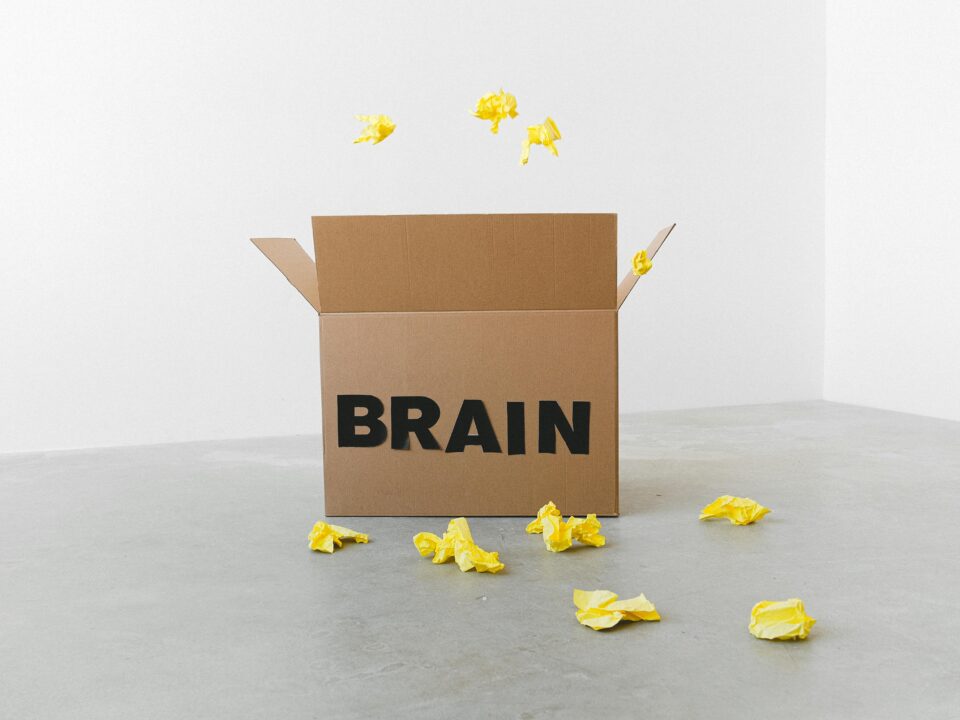ADHD Symptoms: 9 Signs of ADHD in Adults

Featured image by Ron Lach, Pexels.com
Attention Deficit Hyperactivity Disorder (ADHD) is a neurodevelopmental condition that affects the nervous system, including the brain, during development from childhood to adulthood. Children with ADHD can experience impulsivity, hyperactivity, distractedness, and difficulty following instructions and completing tasks.
Features of Attention-Deficit Hyperactivity Disorder tend to continue into adulthood in about half of all children with ADHD.
What are the 9 most common symptoms of ADHD?
- A short attention span
- Being distracted easily
- Making unnecessary mistakes
- Losing items or being forgetful about things
- Always changing from one task to another
- Having difficulty with organisation
- Hyperactivity: difficult sitting still or in one place for a long time
- Less risk avoidant and a decreased sense of danger
- Fidgeting
Symptoms of ADHD in adults

Image by Julia M Cameron, Pexels.com
Adults who are diagnosed with ADHD may find it difficult to follow directions, recall information, find it hard to concentrate or organise tasks. These traits can be mild to severe. People can experience ADHD differently and some adults may be able to concentrate on what they are interested in, while others may not. Some adults with ADHD can come across as very sociable individuals and form many relationships, whereas others can appear lonely as a consequence of being judged by society.
Symptoms of ADHD in children

Image by Sharon McCuctheon, Pexels.com
ADHD symptoms in children are similar. They may appear to have less attention than other children and find it difficult to focus on tasks. Children with ADHD may find it hard to sit still, constantly fidgeting with things and can be impulsive and act without thinking. They can be disorganised, avoid tasks or not completing them, and may be forgetful e.g. not completing homework and losing items. Children with ADHD may daydream a lot, so they end up ignoring things that are going on around them and tend to have emotional outbursts, get angry or frustrated at unexpected times. All these traits can affect a child’s achievements in education, at home or when doing activities and hobbies. Sometimes, these symptoms might appear to be a “normal” part of growing up or a sign that your child is going through a developmental stage, so it can be harder to notice whether your child has ADHD. Therefore, it is best to go to an expert such as your GP, to correctly diagnose your child. This is because ADHD varies from one individual to another, and with a formal diagnosis your child will be able to receive any additional support they may need.
Related conditions in children and teenagers with ADHD
ADD
Attention Deficit Disorder is a related condition to ADHD as both conditions share many of the same symptoms. Unlike people with ADHD, people with ADD typically do not experience hyperactivity and they may not have a lower aversion to risk. However, they can experience difficulties with paying attention, focusing, and sitting still.
Anxiety disorder
Anxiety can involve experiencing excessive fears and worries, and it can significantly affect someone’s life. This can be separation anxiety, social anxiety or general anxiety. Although many children will experience fears and worries at some point during their childhood, anxiety can commonly co-occur with ADHD because difficulties with attention and hyperactivity can interfere in their school life, so this means that children with ADHD may suffer from an anxiety disorder.
Behavioural issues
On occasion, children with ADHD may become very angry or frustrated. They may be hostile towards adults where they respond aggressively to situations. If this continues to occur over time, they may be experiencing a behaviour disorder. Children with ADHD are more likely than other children to be diagnosed with a behaviour disorder such as Oppositional Defiant Disorder or Conduct Disorder. This may be because they feel frustrated because they are not fully understood or that adults are not listening to them.
Find out more about the unique strengths of people with ADHD. To find out if you have traits of ADHD, try taking our free ADHD test online.



